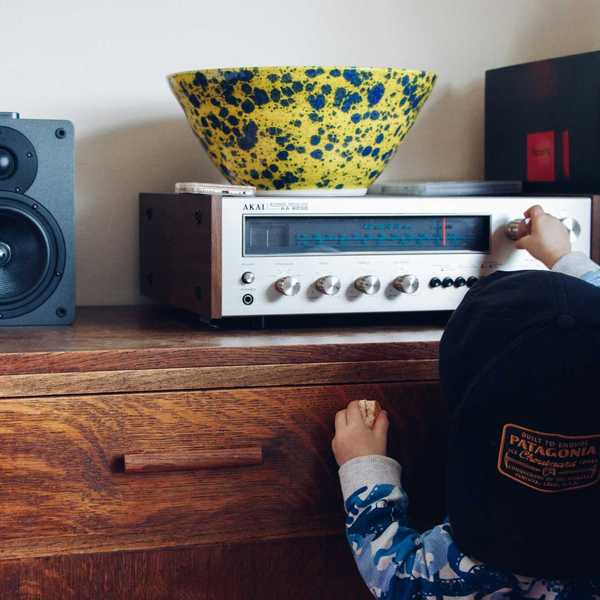Media Beat: AI Continues its Uneasy but Lucrative Dalliance with the Music Industry (Column)
Be it the broadcast or creative industries, AI's cloning abilities are going to be front and centre of legal wrangles from here to eternity.

Jammable is the latest AI tech company threatening to upend the music biz
Jammable is the hot new AI app earning heaps of attention – wanted, for its affordability and celebrity library of sound-alike voices that mimic the rich and famous earning a trove of subscribers, and unwanted because the likeness of its cloned products is drawing sharply worded briefs from lawyers representing those most likely to have their privacy breached and incomes disrupted.
Music Week reports that U.K. music biz trade association the BPI is “coordinating legal steps” to take down as many as 3K "deepfake" music voice models on the service, arguing that the service is “infringing the copyright in sound recordings” on a significant scale.
According to MBW, there are over 3K unlicensed AI-generated voice models on the service; among them soundalikes of Adele, Justin Bieber, Phil Collins, Eminem, Ariana Grande, Michael Jackson, Bruno Mars, George Michael, Elvis Presley, Prince, Tupac Shakur, Ed Sheeran, Taylor Swift and Amy Winehouse.
U.S. trade body the RIAA claims the service stream-rips the YouTube video selected by the user, copies the acapella using an AI vocal model, and then provides the user with an “unauthorized copy” of the vocal stem and a modified instrumental bed, as per MBW.
But with each new avenue of exploration using tech to exploit music and its vast treasure trove of financial riches, Jammable and other similarly arguably exploitative AI outliers are, by degree, harvesting the first crop of new revenue streams to be reaped from machine learned technology.
The tech is all the rage in the sports world with alt-casts available for viewing and gaming on Nickelodeon, CBS, ESPN et al.
And AI is the leading driver of Big Tech these days with IBM, Google, Amazon, NVIDIA, AlphaSense and 70 other companies using the tech to power or augment services in everything from self-driving cars to content generation and cybersecurity.
But, as stated, these outliers are mapping future revenue streams that soon may be included in artist contracts. The Financial Times has reported that Universal Music Group has been in talks with Google to license artists’ melodies and voices to create AI-generated music, as per a report in Fortune magazine. The company just published its “Principles for Music Creation With AI.” And in Nov. YouTube teamed up with music artists including John Legend and Sia to offer AI-generated versions of their singing voices as soundtracks for creator videos.
The range of infringements that AI tech can inflict on creative industries, be they broadcasters or creators, is almost unending, and it’s an area that is going to test the mettle of those who concern themselves with case law and jurisprudence. It’s going to be a long, messy and very expensive battle before the law is the law and the territorial protections are firmly in place.
















